In October 732, French armies led by Charles Martel halted the advance of Muslim armies between Tours and Poitiers, France.
The Islamic world had been growing for more than a century.
Muslims had taken parts of Byzantium and invaded Persia. After gaining ground in North Africa, Muslims took the Iberian peninsula and were poised to invade France. At the time, the Franks, under the Merovingian dynasty, were divided. Their kings were figureheads, the Mayors of the Palace were the real power behind the throne.
Charles Martel was a Mayor of the Palace who controlled Austrasia, in eastern France. Martel defeated Duke Eudes of Aquitaine, took Neustria, and sought to put all of France under his power.
In 732, Arab armies from Spain, led by Abd ar-Rahman crossed the Pyrenees and invaded Aquitaine, annihilating Eudes’ troops at Bordeaux and sacking the region’s rich monasteries. Eudes of Aquitaine, once an Arab ally, turned to Martel for help. Martel, heading a Christian army, defended Aquitaine.
His troops intercepted advancing Muslims on the road between Poitiers and Tours. Martel positioned his men at the juncture of the Clain and Vienne rivers, with infantry and light cavalry up front. Eudes’ cavalry hid in the woods behind him.
Abd ar-Rahman’s armies fanned out in a crescent, with the cavalry positioned slightly ahead of the infantry, to surround the Franks.The decisive battle occurred after a week of inconsequential skirmishes.
On Saturday, October 17, 732, Muslim cavalry charged Frankish front lines, trying to break through. They mixed charges with strategic retreats, trying to goad their adversaries into breaking ranks and thrusting ahead.
Martel saw the trap and held the line. He ordered his army to fend off marauders with pikes while taking shelter from shields.
After most of Abd ar-Rahman’s cavalry had engaged Martel’s front lines, Eudes’ troops pounced from behind the forest line, knocking Muslims down.
This signaled the start of Martel’s counterattack. It cost tens of thousands of Muslim lives. Abd ar-Rahman was also killed in the fighting. After a day-long battle, the Frankish army prevailed. The Arab invasion of Europe was halted.
Martel emerged from the battle with new political power. Within a few years, he conquered southern France and laid the groundwork for the Carolingian empire, 70 years later
The Islamic world had been growing for more than a century.
Muslims had taken parts of Byzantium and invaded Persia. After gaining ground in North Africa, Muslims took the Iberian peninsula and were poised to invade France. At the time, the Franks, under the Merovingian dynasty, were divided. Their kings were figureheads, the Mayors of the Palace were the real power behind the throne.
Charles Martel was a Mayor of the Palace who controlled Austrasia, in eastern France. Martel defeated Duke Eudes of Aquitaine, took Neustria, and sought to put all of France under his power.
In 732, Arab armies from Spain, led by Abd ar-Rahman crossed the Pyrenees and invaded Aquitaine, annihilating Eudes’ troops at Bordeaux and sacking the region’s rich monasteries. Eudes of Aquitaine, once an Arab ally, turned to Martel for help. Martel, heading a Christian army, defended Aquitaine.
His troops intercepted advancing Muslims on the road between Poitiers and Tours. Martel positioned his men at the juncture of the Clain and Vienne rivers, with infantry and light cavalry up front. Eudes’ cavalry hid in the woods behind him.
Abd ar-Rahman’s armies fanned out in a crescent, with the cavalry positioned slightly ahead of the infantry, to surround the Franks.The decisive battle occurred after a week of inconsequential skirmishes.
On Saturday, October 17, 732, Muslim cavalry charged Frankish front lines, trying to break through. They mixed charges with strategic retreats, trying to goad their adversaries into breaking ranks and thrusting ahead.
Martel saw the trap and held the line. He ordered his army to fend off marauders with pikes while taking shelter from shields.
After most of Abd ar-Rahman’s cavalry had engaged Martel’s front lines, Eudes’ troops pounced from behind the forest line, knocking Muslims down.
This signaled the start of Martel’s counterattack. It cost tens of thousands of Muslim lives. Abd ar-Rahman was also killed in the fighting. After a day-long battle, the Frankish army prevailed. The Arab invasion of Europe was halted.
Martel emerged from the battle with new political power. Within a few years, he conquered southern France and laid the groundwork for the Carolingian empire, 70 years later
RELATED
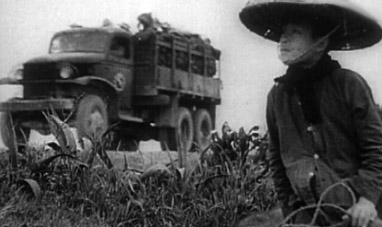

THE VIETNAM WAR
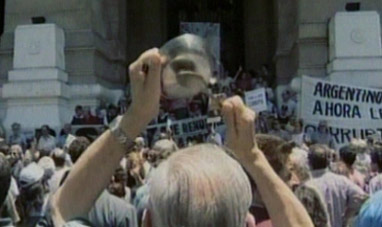

THE 2001 ARGENTINE ECONOMIC CRISIS
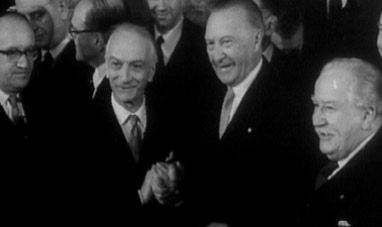

FOUNDING THE EUROPEAN COMMUNITY
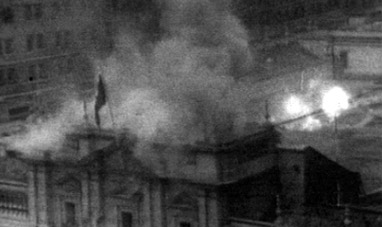

THE 1973 CHILEAN COUP
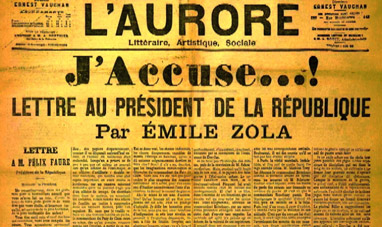

THE DREYFUS AFFAIR
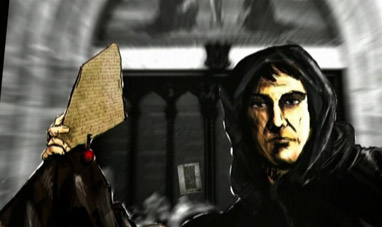

THE PROTESTANT REFORMATION
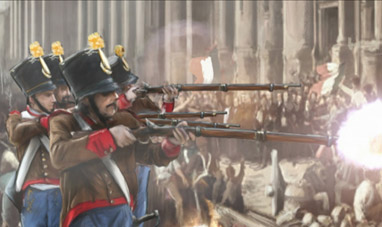

FIRST ITALIAN WAR OF INDEPENDENCE
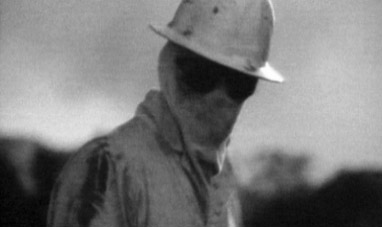

THE CHERNOBYL ACCIDENT
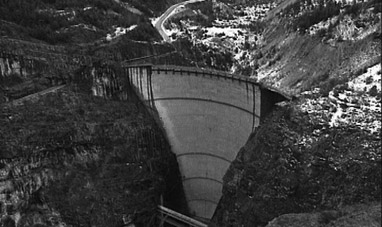

THE VAJONT DISASTER
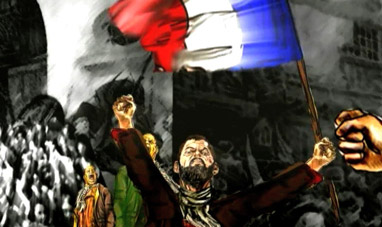

THE FRENCH REVOLUTION
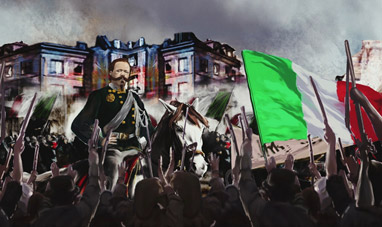

THIRD ITALIAN WAR OF INDEPENDENCE
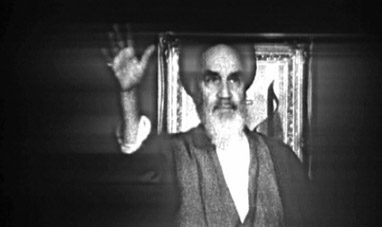

THE IRANIAN REVOLUTION
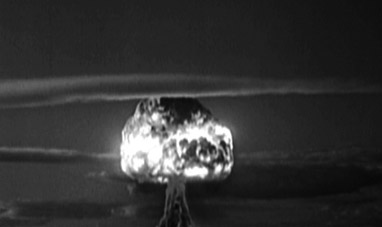

HIROSHIMA AND NAGASAKI


THE KOSOVO WAR
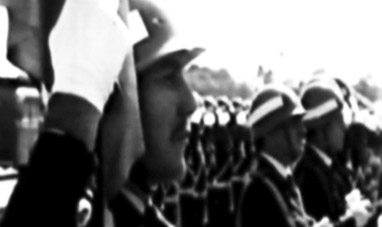

THE ARGENTINE DICTATORSHIP, 1976-1983
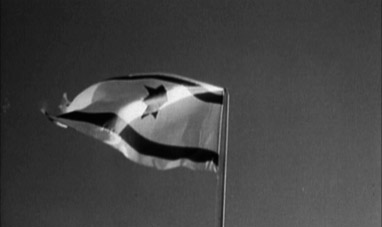

THE BIRTH OF ISRAEL
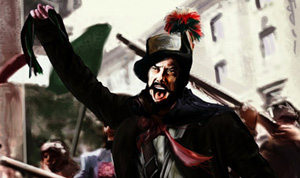

I MOTI DEL '48
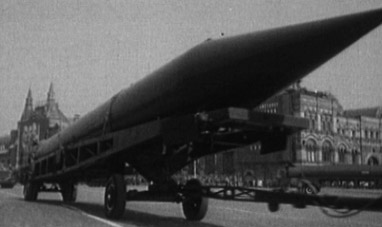

THE CUBAN MISSILE CRISIS


1968
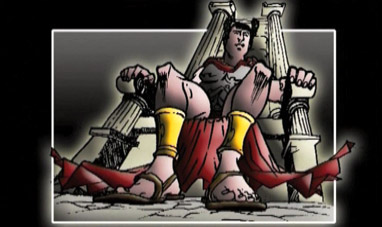

THE EDICT OF MILAN
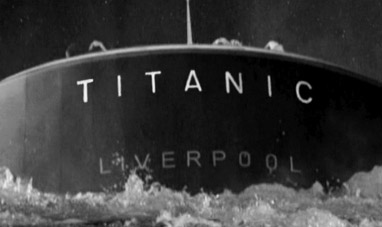

THE SINKING OF THE TITANIC
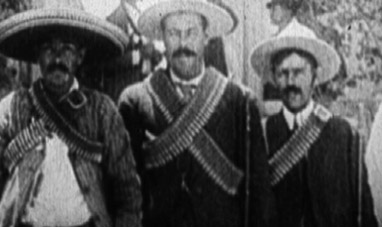

THE MEXICAN REVOLUTION
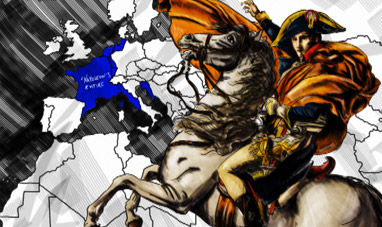

THE BATTLE OF AUSTERLITZ
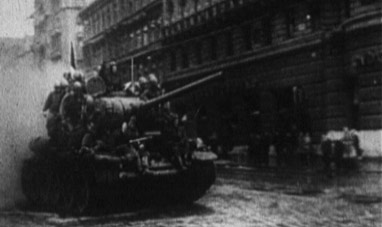

THE HUNGARIAN REVOLUTION OF 1956
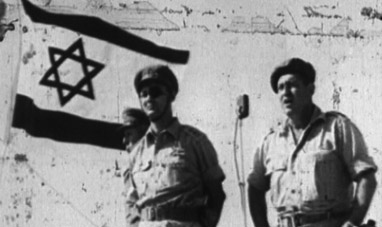

THE SIX DAY WAR
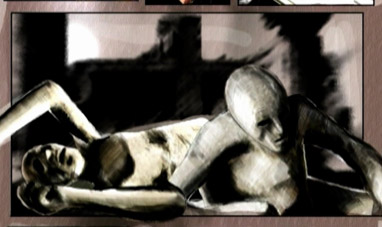

THE DESTRUCTION OF POMPEI
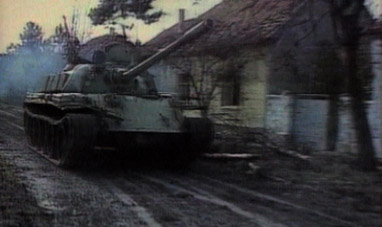

THE BALKAN WARS OF THE 1990S
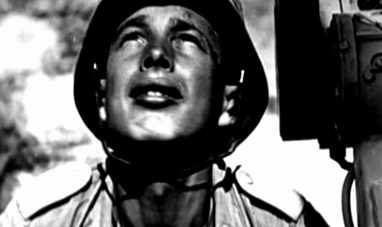

WORLD WAR II
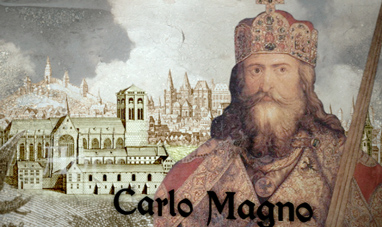

CHARLEMAGNE
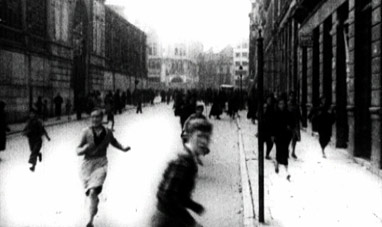

THE SPANISH CIVIL WAR
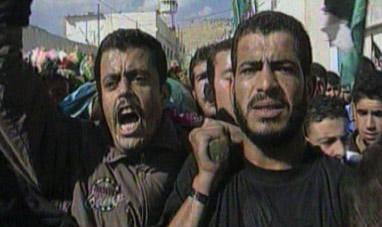

THE SECOND INTIFADA
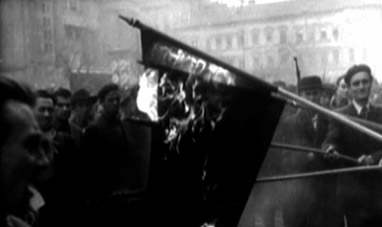

THE PRAGUE SPRING


THE FALL OF THE BERLIN WALL
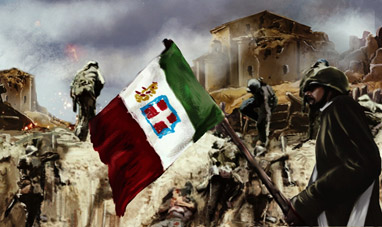

ITALIAN IRREDENTISM
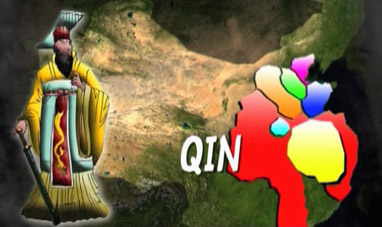

THE FIRST CHINESE EMPEROR AND THE QIN DYNASTY


THE FIRST INTIFADA
